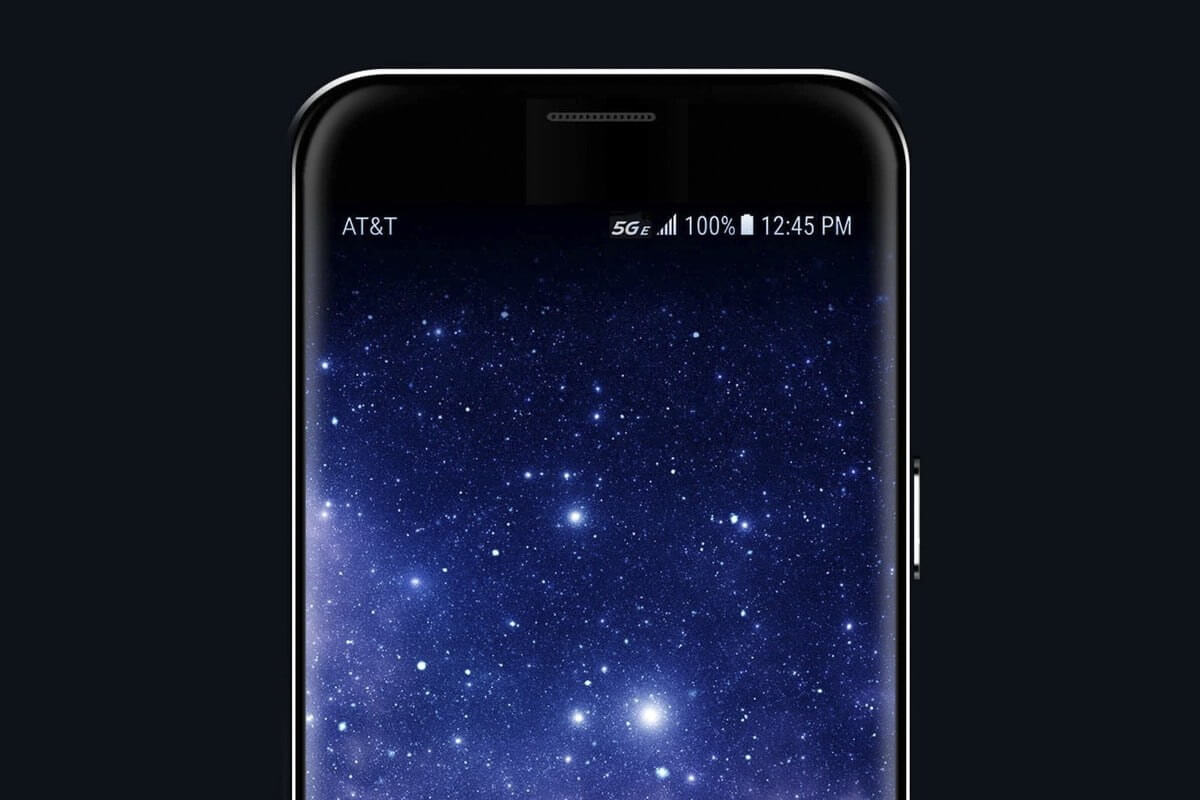Facepalm: AT&T is once again preemptively branding technologies that don't exist yet, this time labeling their 4G LTE network upgrades as "5GE." While T-Mobile and Verizon both responded with casual, public approaches, Sprint decided that AT&T's actions constituted false advertising, damaged their business and filed suit. The suit called for an immediate cessation of the branding by AT&T and seeks damages for undermining Sprint's efforts to bring true 5G service to the market.
If you're an AT&T customer with a high-end handset, you may have noticed the "5GE" radio indicator pop up at the top of your screen after a recent Android update. Of course, this isn't actual 5G service, since that doesn't exist yet. Instead, this is AT&T's sneaky way of branding their improved 4G LTE technology, which may now be slightly faster due to carrier aggregation and 4x4 MIMO antennas.
This isn't the first time they've pulled something like this - their enhanced 3G network was branded "4G HSPA+" back in 2012, resulting in some confusion but mostly eyerolls since 4G hadn't actually hit the market yet.
Following the "5GE" network branding (the 'e' means enhanced, suggesting this is even better than 5G), the other three major US carriers reacted in different ways. Verizon used old-school tactics to demonstrate their outrage, taking out a lengthy full-page ad in multiple national newpapers. T-Mobile took to Twitter with a hilarious mockery of the branding, slapping a "9G" sticker onto an iPhone.
Sprint, however, didn't take such a light-hearted approach, instead filing a lawsuit accusing AT&T of "damaging the reputation of 5G while [Sprint] works to build out a legitimate early entry into the 5G network space."
Sprint's lawsuit claims that its business is being "irreparably harmed" by AT&T's use of the 5GE branding, and states that AT&T's usage of this branding amounts to deceptive advertising. Sprint's case focuses around the fact that the company has implemented "significant and costly 5G hardware upgrades to its 4G LTE network" in an effort to be the first company to bring legitimate 5G to market. Through this lawsuit, Sprint is actually looking for real money, seeking relief by way of "awarding damages in an amount to be determined at trial." They also seek an immediate injunction to prohibit AT&T from using the 5G branding.
While this lawsuit may come off sounding like sour grapes from Sprint, they do have a point. AT&T's service is not 5G-ready or capable, and they have pulled stunts like this in the past. AT&T didn't back down after being roasted by Verizon and T-Mobile, and now it's up to a court to decide the outcome.
AT&T did respond to Sprint's lawsuit with a statement claiming that "our competitors don't like what we're doing, but our customers love it," because apparently AT&T customers can't get enough fake 5G service. Or perhaps they love the number five and the letters "G" and "E".
"We understand why our competitors don't like what we are doing, but our customers love it. We introduced 5G Evolution more than two years ago, clearly defining it as an evolutionary step to standards-based 5G. 5G Evolution and the 5GE indicator simply let customers know when their device is in an area where speeds up to twice as fast as standard LTE are available. That's what 5G Evolution is, and we are delighted to deliver it to our customers.
We will fight this lawsuit while continuing to deploy 5G Evolution in addition to standards-based mobile 5G. Customers want and deserve to know when they are getting better speeds. Sprint will have to reconcile its arguments to the FCC that it cannot deploy a widespread 5G network without T-Mobile while simultaneously claiming in this suit to be launching "legitimate 5G technology imminently."
Sprint also claimed in their suit that 54 percent of customers they surveyed believed the "5GE" service was true 5G, further reinforcing their false advertising claim.
